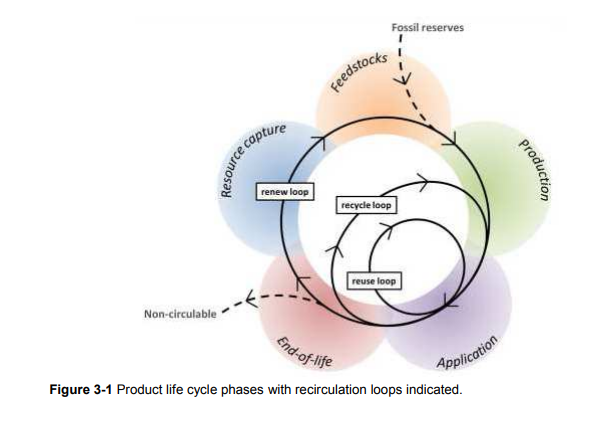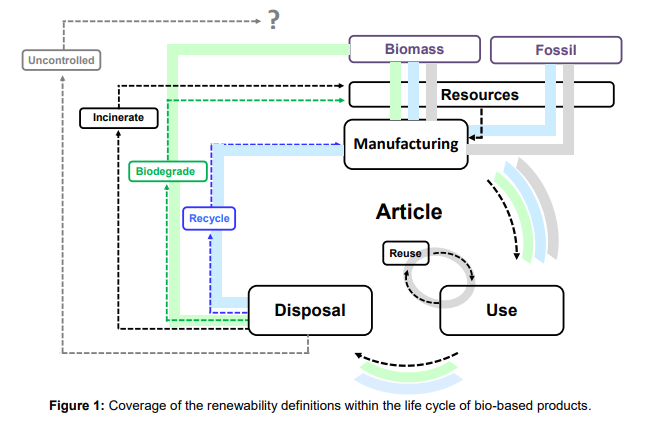Plastic in the Sea – Research Project OPEN-BIO
OPEN-BIO is a research project funded by the European Commission. One part of the research is the development of test methods for the bio-degradation of bio-based plastic material under marine conditions. This video gives a short summary about the in-situ experiments around the Island of Elba in the Mediterranean Sea.


